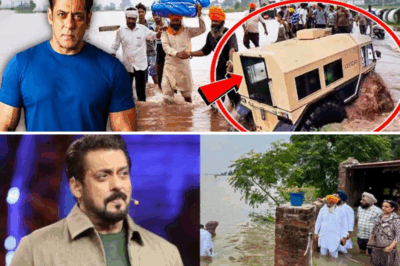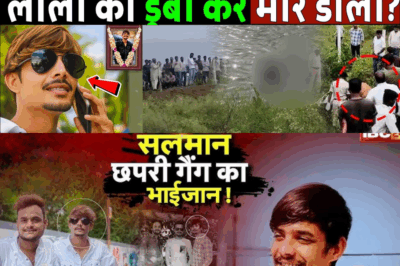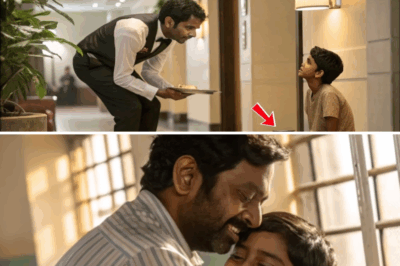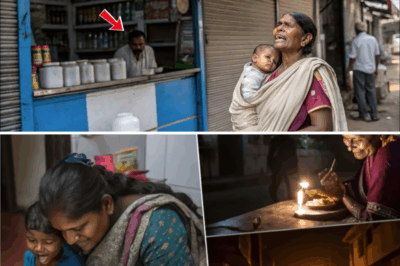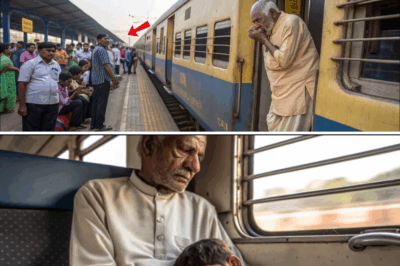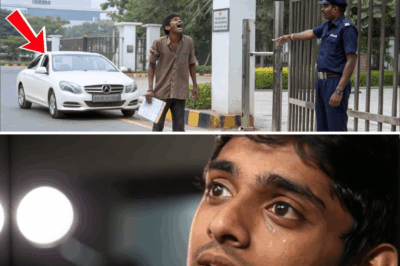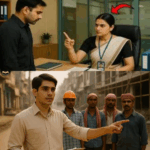The Nikki Case: How One Family’s Tragedy Became a Mirror for an Entire Village

The Nikki case from Greater Noida has captured the attention of an entire region, turning into a tangled web of accusations, social norms, and unanswered questions. What began as a family dispute has now become a heated debate touching every household, every street, and every mind in the village. But as the story unfolds, it’s clear that this isn’t just about one woman—it’s about the way an entire society treats its daughters, wives, and sisters.
The Village Mentality: Justice or Tradition?
Nikki’s family claims she was harassed, but why didn’t they raise their voices while she was alive? Despite 75 village meetings, the matter never reached the police station. In these villages, disputes are settled by elders in the panchayat, not in court. People fear loss of time, reputation, and honor. But when meetings fail to resolve the issue and problems persist, who is truly responsible—the in-laws or Nikki’s own family for not seeking legal help?
Modern Women, Old Problems
Nikki and her sister Kanchan were educated, financially independent, and ran a beauty parlor and boutique together. Their success became a source of jealousy and conflict at home. Husbands felt threatened, elders sided with their sons, and the sisters were criticized for earning and controlling the household. Instead of support, they faced resentment and continual tension.
Panchayat vs. Police: Where Is Real Justice?
Even after physical violence, Nikki’s mother chose not to file a police complaint, relying on the panchayat instead. But can real justice be achieved without legal action? When both families trust only the village elders, blame after tragedy becomes a hollow gesture. If Nikki’s in-laws are accused, why was Kanchan, who lived in the same house, not held accountable for not reporting the abuse? The lack of written complaints and evidence makes it nearly impossible for the courts to establish the truth.

Society’s Double Standards
In this village, women are expected to stay behind the veil, manage the household, and not build their own world outside. When Nikki and Kanchan made Instagram reels and ran businesses, it was seen as a threat to family honor. The same society that discourages women from speaking out now blames others when things go wrong.
Legal Maze and Lack of Evidence
Legal experts say that the sections applied to Nikki’s husband Vipin—related to harassment after marriage—are hard to prove if no complaint was made within seven years of marriage. Even if harassment continued later, solid proof is required, which is missing in this case. The forensic reports and medical tests will be crucial in revealing what really happened, but until then, everything is speculation.
Culture of Silence: Who Is Responsible?
Physical abuse of women is sadly normalized in the village. Nikki’s mother admits that even Vipin’s sister and Kanchan have troubled marriages. Her own son is embroiled in marital disputes. Yet, none of these cases were reported to the police. Is the family’s silence complicity? Did they fail to protect their daughter when it mattered most?
The Role of Social Media and Public Opinion
Videos circulating on social media show Nikki’s final moments, raising questions about the behavior of those around her. Why did her sister make a video instead of helping? The dying declaration Nikki gave to doctors, calling it an accident, must also be considered. In court, emotions don’t matter—only evidence does.
Police Under Fire: Investigation or Injustice?
Noida police are accused of arresting people without proper investigation. Initial claims that Vipin was present at the scene were disproved by CCTV footage showing him at work. The rush to file charges based on Kanchan’s statement led to the wrongful jailing of innocent people, highlighting a serious flaw in the system.
A Society Divided
The village is split into two camps: one says Vipin and his family are guilty, the other blames Nikki for her own actions. Children are being drawn into the conflict, absorbing bitterness and taking sides. What started as a domestic issue has become a societal mirror, exposing deep-rooted problems of gender inequality, fear of social stigma, and misplaced priorities.
Conclusion: A Case Beyond Crime
The Nikki case is no longer just about one family’s tragedy—it’s a reflection of an entire society’s values. It shows how honor is often placed above truth, how women’s voices are silenced in the name of tradition, and how justice is easily sacrificed for reputation. Until both families, the village, and the authorities prioritize evidence and fairness over pride and prejudice, such cases will continue to haunt our headlines.
What’s your take on the Nikki case? Is it a failure of family, society, or the legal system—or all three? Share your thoughts below.
News
Salman Khan Emerges as a Real-Life Hero in Punjab Flood Crisis: How One Star Inspired an Entire State
Salman Khan Emerges as a Real-Life Hero in Punjab Flood Crisis: How One Star Inspired an Entire State When disaster…
Indore’s Dark Night: What Really Happened to Salman Lala?
Indore’s Dark Night: What Really Happened to Salman Lala? Have you ever heard the cries of a mother searching for…
गरीब बच्चा होटल में रो रहा था, लेकिन फिर जो वेटर ने किया… सबकी आंखें भर आईं !
गरीब बच्चा होटल में रो रहा था, लेकिन फिर जो वेटर ने किया… सबकी आंखें भर आईं ! दिल्ली की…
माँ ने भूखे बच्चे के लिए दूध माँगा.. दुकानदार ने ज़लील कर भगा दिया! लेकिन अगले दिन जो
माँ ने भूखे बच्चे के लिए दूध माँगा.. दुकानदार ने ज़लील कर भगा दिया! लेकिन अगले दिन जो सोच का…
बिना टिकट चल रहा बुजुर्ग, टीटी ने उतार दिया,लेकिन फिर एक बच्चे ने जो किया… सभी को रुला
बिना टिकट चल रहा बुजुर्ग, टीटी ने उतार दिया,लेकिन फिर एक बच्चे ने जो किया… सभी को रुला इंसानियत की…
नौकरी मांगने आया लड़का, गार्ड ने भगाया, लेकिन जब मालिक ने देखा… उसी दिन बना मैनेजर
नौकरी मांगने आया लड़का, गार्ड ने भगाया, लेकिन जब मालिक ने देखा… उसी दिन बना मैनेजर सोच में बदलाव –…
End of content
No more pages to load

